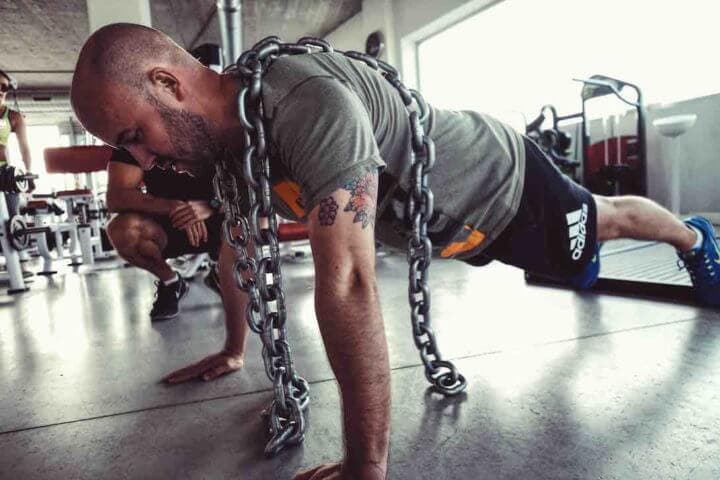Champions are made in the off-season, which is perhaps the most underrated part of the training cycle. Some people end up taking too long to get back to training, while others never take time off.
Discover a guide to help you understand how to approach triathlon training in the off-season , from the moment you cross that final finish line to how and when to successfully transition into your preseason training.

How do triathletes train in the off-season?
1. Preseason
This is the training phase after your free time after your last big race of the season. Triathlon transition season is all about preparing you for the specific training of the main season.
In this period you must establish the base of your general aptitude and mark the following objectives.
- Improve fundamental strength and stability through general training.
- Maintain and improve cardiovascular endurance.
- Improve strength and conditioning of sport-specific moving muscles.
- Develop technical skills (focus on swimming and cycling) and range of motion.

How to approach the triathlon preseason
The strategies to achieve the 4 previous objectives are the following transitions:
1. Functional strength training
We start with general conditioning training for all major muscle groups and work on general mobility. The number of reps is high (15-20 reps per set) and loading is easy. We predominantly exercise with our own weight and, over time, we add a little extra weight to our exercises.
After three to four weeks of doing this general training, we make functional training a little more sport-specific. To do this, we engage specific muscles in movement, reduce the number of repetitions and increase the weight. The end result is progression in strength, increased mobility, motor control, and balance.
Two one-hour strength training sessions per week should be ideal for this goal.
2. Train swimming
The foundation for a good triathlon performance is swimming. By swimming frequently, you will increase your stamina, power and resistance to fatigue, all in a non-impact and injury-free manner.
It begins with short swimming sessions, mini sprints of 10 to 15 meters and you see increasing the intensity with many repetitions, longer sprints, and interval training. You can also swim with fins, buoys, etc.
If you have any deficiencies in your swimming technique, work with a coach or join a swim club. Nothing at least three times a week but, if you can, nothing more. Only good things come from swimming for endurance athletes.
3. Practice other sports
To prevent mental fatigue and add some fun to our training, you can use alternative sports to work on your endurance, motor skills, balance, and strength. For example, mountain biking is ideal for training maximum power and bicycle handling skills. Indoor climbing, meanwhile, will make your core, arms, and shoulders stronger, which is perfect for swimming.
In the same vein, skating is great for balance, quads, and core. If you are also lucky enough to live close to the snow and the mountains, skiing is the best alternative sport in history. It’s endurance, functional training, balance and coordination training all rolled into one!
A longer session of an alternative sport, such as two hours of mountain biking or skiing per week, would be ideal.
4. Train the muscles involved in running
Running is hard on the body. This is because, on average, every runner has one injury per year, from a minor break to a serious overuse injury.
To try to prevent this, try loading your running muscles through plyometric exercises, which build hip strength. Your hips are where your true running engine is, so you need to learn how to use it better to create a more propelling gait movement. If you also have the opportunity to go to the pool , it is also a good idea to add 20 minutes of water jogging to your session.
Conclusion
There are different phases or transitions that you should keep in mind when training out of season if you are a triathlete . Fulfilling them will successfully take you to the final goal.
Reference
- Ivanova, T. Your Ultimate Triathlon Off-Season Guide. For Trainingpeaks [Revised February 2018]
